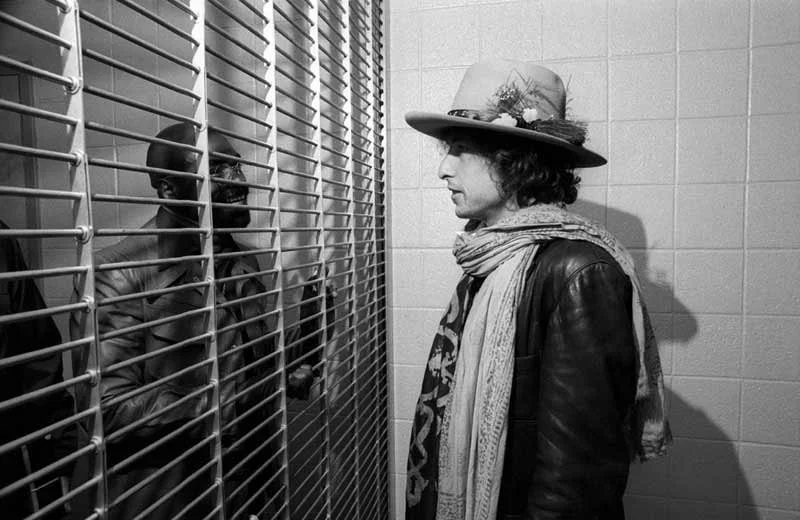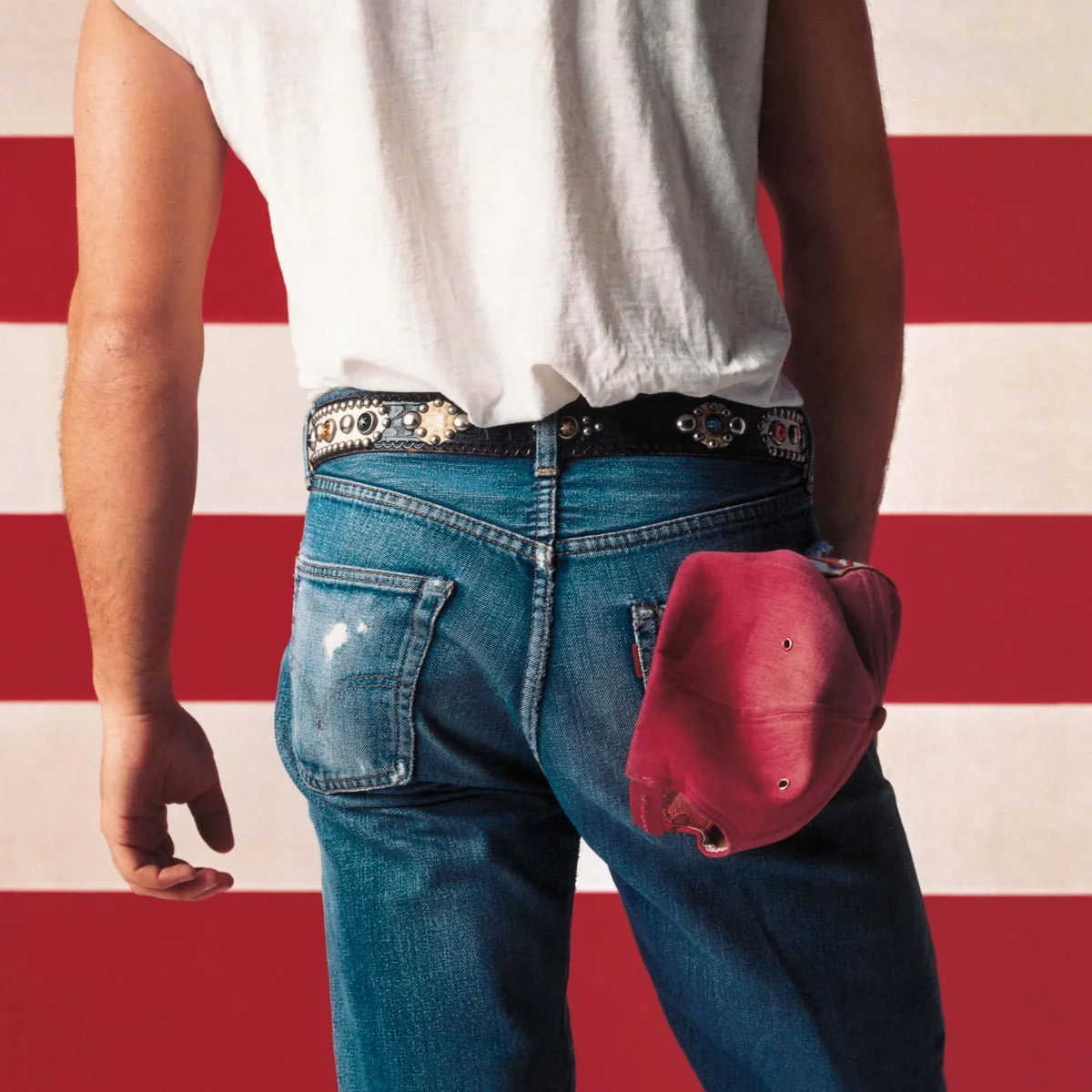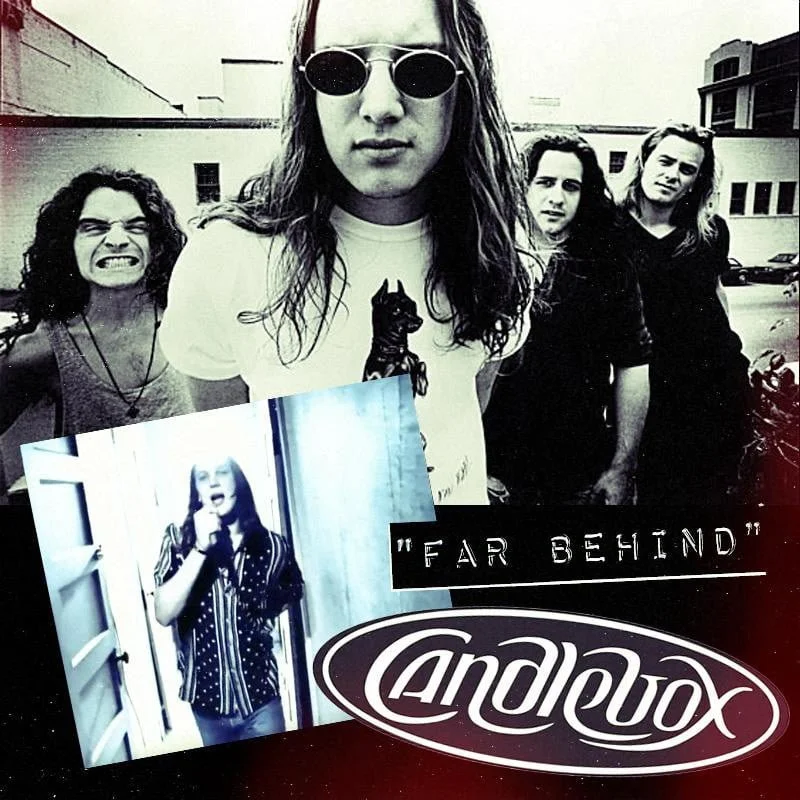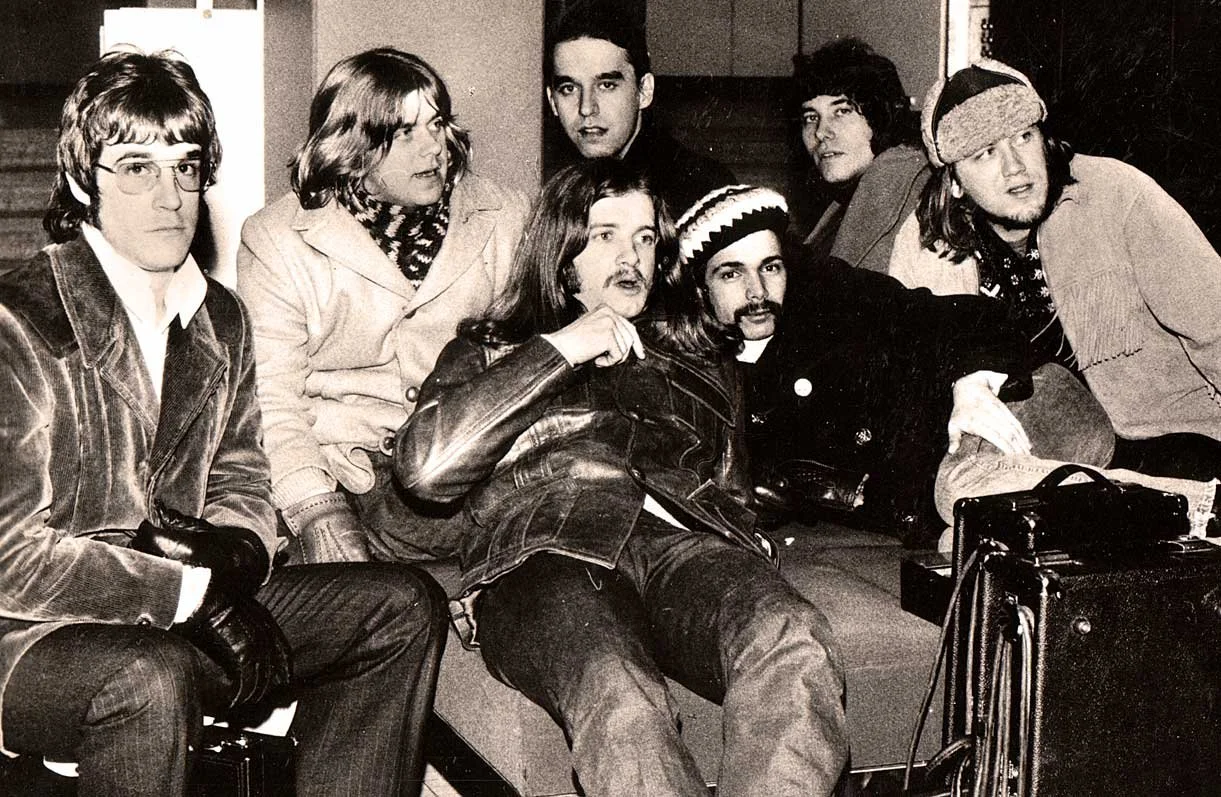Black Sabbath - War Pigs
"War Pigs" by Black Sabbath is a powerful anti-war anthem that criticizes the hypocrisy and brutality of those who orchestrate wars for their own gain. Released in 1970 on their Paranoid album, the song portrays politicians and military leaders as corrupt figures—"generals gathered in their masses"—who treat human lives as expendable while they remain safely distant from the chaos they create. With dark, apocalyptic imagery and a slow, heavy riff, Black Sabbath delivers a grim warning: those responsible for war will one day face judgment for their actions. Through its haunting lyrics and aggressive sound, "War Pigs" became a defining track of early heavy metal and a timeless protest against violence and injustice.
On July 5, 2025, Black Sabbath delivered a historic and emotionally charged final performance of “War Pigs” during their farewell concert, Back to the Beginning, at Villa Park in Birmingham—their hometown and the birthplace of heavy metal. Reunited for one last time, the original lineup—Ozzy Osbourne, Tony Iommi, Geezer Butler, and Bill Ward—took the stage to thunderous applause. “War Pigs” opened their four-song set with its iconic air-raid sirens and ominous riff, unleashing a wave of nostalgia and reverence among the 45,000 fans in attendance and over 5 million livestream viewers. Ozzy, seated due to advanced Parkinson’s, delivered a fierce and heartfelt vocal performance, visibly moved by the occasion. The moment stood as both a triumphant celebration of their legacy and a solemn farewell, made even more poignant by Ozzy’s passing just weeks later. The performance has since become immortalized as a defining final statement by one of metal’s greatest bands.
Blind Melon - No Rain
"No Rain" by Blind Melon was released in 1992 as part of their self-titled debut album. The song quickly became a defining hit for the band and is often associated with the 1990s alternative rock scene. Written by lead singer Shannon Hoon, the lyrics express feelings of isolation and a longing for happiness, which resonated with many listeners.
The music video, featuring a girl in a bee costume, became iconic and played a significant role in the song's popularity. It captured the essence of the song's themes about finding joy and connection in a world that often feels overwhelming.
Despite the band's success, they struggled with the pressures of fame, and tragedy struck when Hoon passed away in 1995. Nonetheless, "No Rain" remains a beloved classic and is often remembered for its uplifting melody and poignant lyrics. The song has continued to influence countless musicians and is celebrated in various cultural references.
blink-182 - Adam's Song
“Adam's Song” by blink-182 is a poignant and introspective track from their album Enema of the State released in 1999. The song is known for its dark lyrics, which touch on themes of depression and suicidal thoughts. Despite its somber subject matter, the song has resonated with many listeners and has been praised for its honesty and emotional depth.
Bob Dylan - Hurricane
"Hurricane" is a song by Bob Dylan that was released in 1976 on his album Desire. The song tells the story of Rubin "Hurricane" Carter, a middleweight boxer wrongfully convicted of murder in 1966. Dylan wrote the song as a protest against the injustices faced by Carter and highlighted issues of racial discrimination and the flaws of the American justice system.
Carter's story garnered significant media attention, and Dylan's song helped to raise awareness about his plight. The lyrics detail the events surrounding Carter's arrest and trial, emphasizing the lack of evidence and the biases that influenced the legal proceedings. "Hurricane" became an anthem for those advocating for Carter's release and highlighted the broader struggles for civil rights and social justice during that era.
Carter was eventually exonerated in 1985 after serving nearly 20 years in prison, largely due to evidence that had been overlooked during his trial. The song remains one of Dylan's most powerful political statements and is recognized for its storytelling and social commentary.
Bruce Springsteen - Born in the U.S.A.
"Born in the USA" is a song by Bruce Springsteen, released in 1984 on the album of the same name. The song is a powerful anthem that addresses the experiences of working-class Americans, particularly Vietnam War veterans, and critiques the treatment of these individuals upon their return home.
The lyrics highlight the struggles and disillusionment faced by the protagonist, who grapples with the complexities of national identity and personal hardship. Despite its upbeat rock sound and catchy chorus, "Born in the USA" confronts themes of economic hardship, social inequality, and the disillusionment of the American Dream.
The song's chorus, with its repeated refrain of "Born in the USA," has often been misinterpreted as a straightforward celebration of American patriotism. However, the verses reveal a more nuanced narrative that challenges the listener to reflect on the realities faced by many Americans during the 1980s.
"Born in the USA" became one of Bruce Springsteen's most commercially successful songs, reaching the top of the charts in several countries. Its enduring popularity has cemented its status as a quintessential American rock anthem, known for its blend of energetic music and socially conscious lyrics.
Carly Simon - Coming Around Again
"Coming Around Again" is a song by Carly Simon, released in 1987 as part of her album of the same name. The song is characterized by its poignant lyrics and a catchy melody, reflecting themes of resilience and the cycles of life, particularly in the context of love and relationships.
The track saw notable success, peaking at number 18 on the Billboard Hot 100 chart and becoming one of Simon's signature songs. Its popularity was bolstered by its inclusion in the 1987 film "Heartburn," which was based on Nora Ephron's novel. The song plays a significant role in the film and effectively captures its emotional undertones.
The lyrics of "Coming Around Again" convey a sense of hope and renewal, emphasizing the idea that despite challenges and heartaches, one can always come back to a place of familiarity and love. The song's reflective nature resonates with listeners, contributing to its lasting appeal.
Carly Simon, a prominent figure in the music industry since the early 1970s, is known for her introspective songwriting and distinctive voice. "Coming Around Again" is just one example of her ability to craft relatable and emotionally charged music. Over the years, Simon's work has influenced countless artists and continues to be celebrated for its lyrical depth and musicality.
Cher - Many Rivers to Cross
Cher's version of "Many Rivers to Cross" is a beautiful cover of the classic reggae-influenced song written by Jimmy Cliff. First released in 1969, the song is a deeply emotional ballad about life's struggles, and while it was originally associated with Cliff's soulful reggae style, Cher's 1995 rendition gave it a whole new flavor.
On her "Believe" album, Cher gave "Many Rivers to Cross" a more stripped-down, emotional treatment that showcased her vocal strength and vulnerability. The version is haunting, with a subtle mix of orchestral strings and soft backing vocals that perfectly complement Cher's deeper, more reflective voice at that point in her career. It's an example of how Cher has always had the ability to reinterpret a song and make it her own, bringing out layers of emotion that resonate with listeners.
The song is all about overcoming hardships and emotional barriers, and Cher's delivery of it carries so much weight. It’s a bit of a departure from her usual pop hits, but the rawness of her voice brings a new depth to it.
Childish Gambino - This Is America
Childish Gambino's "This Is America" tackles complex themes surrounding gun violence, racism, and the superficiality of American culture. The song blends trap beats with stark commentary, using powerful visuals and contrasting moments of joy and chaos in its music video. It prompts listeners to reflect on the underlying issues in society while also highlighting the disconnect between entertainment and real-world struggles.


















